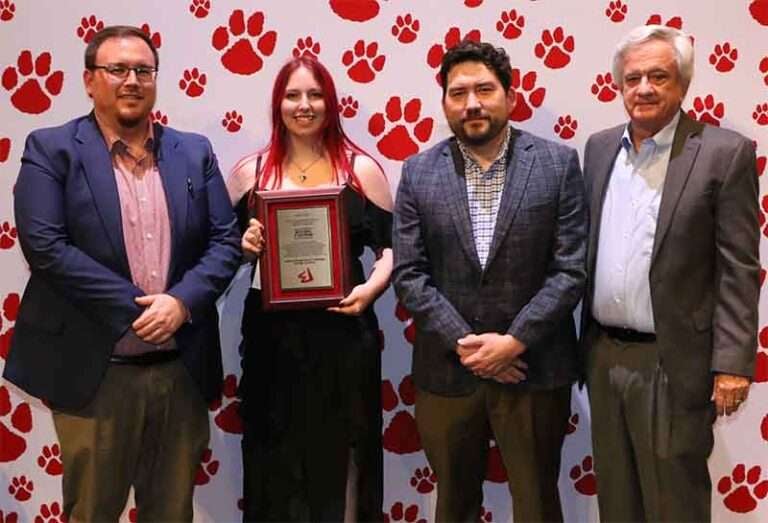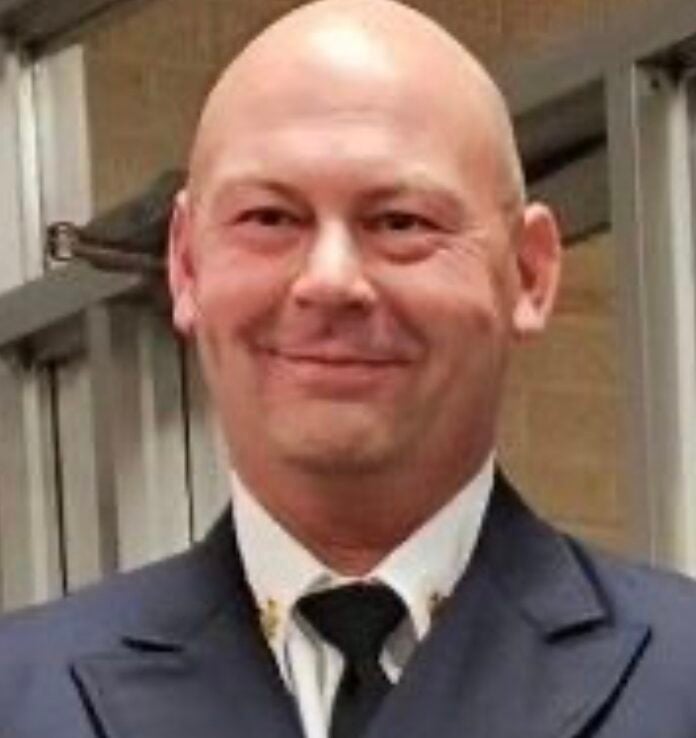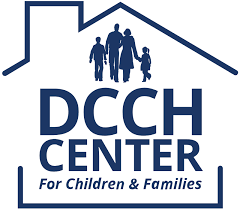A daunting situation is succinctly described in an email from a reader in the Lexington area: “I read your article and it hit home. I’m caring for my parents – Dad has Alzheimer’s and Mom has Lewy body dementia. I’m one of the ‘lucky’ ones. Mom and Dad have some financial resources (but they’re going fast)…The last two years have been harrowing and exhausting and it’s only going to get worse. Much worse.”
The letter goes on to reflect on the emotional, physical and spiritual toll caregiving takes: “When I think of what it’s ‘cost’ me, being out of the workforce for two years (I’m back now – because my husband lost his job – but unreliable because I’m always on call and distracted) and the exhaustion, anxiety, depression, eating badly, not exercising, basically no energy for self-care whatsoever – (Yes, I know what you’re ‘supposed’ to do, but that doesn’t seems possible). I’m absolutely terrified of what kind of shape I’ll be in when this is all over. And how old I’ll be. And whether I’ll have anything left in my tank for another chapter.”
These are not the words of an ungrateful daughter, but sentiments from an unflinching realist. “I adore my parents. I treasure every minute with them,” she says. “But the longer they live, the more bleak my future in old age looks. (Never mind the genetic gun pointed – literally – at my head).”
Another reader, this one from Nashville, tells a similar story: “I’ve been primary caregiver for my husband for five years, all the while holding down a high-stress job and keeping the home fires (responsibilities) “burning” so to speak. The often-mentioned statistic of “10,000 people per day reaching age 65 for the next 19 years” reminds us that there are many people just like me, trying to care for their loved one (mother, father, wife, husband) at home, while juggling the ongoing demands of work, health care, insurance, other family… It just goes on and on. And many more will find themselves in that position in the coming years.”
A Montana reader admits that she and her husband have done their best to talk to his mother without much luck so far. The email says of her mother-in-law: “She is suffering from Parkinson’s and it is so hard to know what our role should be, and when we need to step in on issues like driving and getting her help. She is very independent…”
While there are no easy answers for any of these dilemmas, AARP does provide a planning guide for families with aging parents that can help the conversation get started, or re-started if discussion has waned. “Prepare to Care,” is a resource free for the asking that spells out strategies for joint planning. The booklet takes a friendly, compassionate tone as it explains a five-step process that begins with starting the conversation with loved ones.
The other phases include forming a team, a personal support group, that could include any relatives, friends, colleagues, clubs or organizations that can be resources for caregivers. Next is making a plan and finding support. The last phase — which must occur throughout the whole process but is the one many caregivers find most difficult – is for the caregiver to care for herself or himself.
“It’s easy to forget about your own needs,” the booklet explains. “But keeping up your energy and maintaining your health are critical in order to care for your loved one. It’s no less important to make a plan to take care of yourself than to create a caregiving plan for others.”
Anyone deeply involved in caregiving right now might read this column and sigh. As you can see from other readers sharing their experiences, caregiving is not for the faint of heart. In the midst of finding ways to address the needs of an elderly loved one, the landscape can look pretty bleak.
Visit the AARP Caregiving Resource Center for information, tools and resources at www.aarp.org/caregiving or call 877-333-5885. For Spanish resources, visit www.aarp.org/cuidar or call 888-971-2013.
Constance Alexander is a columnist for KyForward.com, where this column first appeared. She is a faculty scholar in the Teacher Quality Institute at Murray State University and a freelance writer.


















